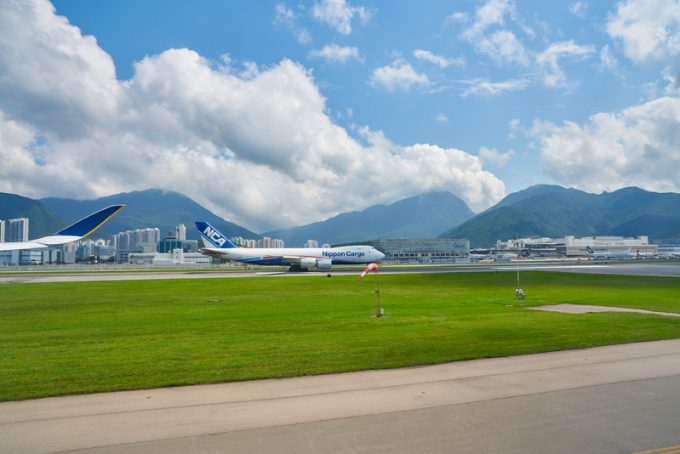European freighters set for summer ecommerce chase in Hong Kong
Hong Kong is set to become a popular destination for European freighter operators in the ...

The launch of Hong Kong’s new x-ray screening rule for air cargo has been delayed due to concerns over the city’s ailing economy and potential supply chain disruption.
Last week, the Civil Aviation Department (CAD) announced that the phased implementation of the International Civil Aviation Organisation (ICAO) security requirement ? starting with 25% screening of all shipments ? would be pushed back from November until January 2020.
“The government fully appreciates the industry’s strong demand to boost the export air cargo throughput towards the end ...
Asia-USEC shippers to lose 42% capacity in a surge of blanked sailings
USTR fees will lead to 'complete destabilisation' of container shipping alliances
Outlook for container shipping 'more uncertain now than at the onset of Covid'
New USTR port fees threaten shipping and global supply chains, says Cosco
Transpac container service closures mount
DHL Express suspends non-de minimis B2C parcels to US consumers
Zim ordered to pay Samsung $3.7m for 'wrongful' D&D charges
Flexport lawsuit an 'undifferentiated mass of gibberish', claims Freightmate
Uncertainty over US tariffs sparks interest in bonded warehouses for imports
Cancelled voyages take the sting out of spot rate declines this week
Blanked sailings in response to falling demand 'just a stop-gap solution'
Shippers warned: don't under-value US exports to avoid tariffs – 'CBP will catch you'

Comment on this article